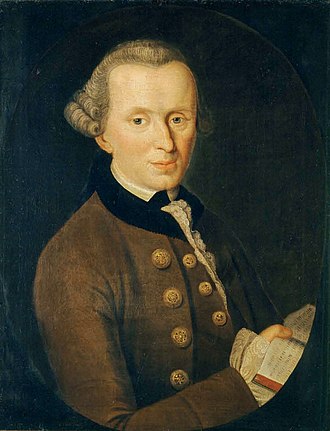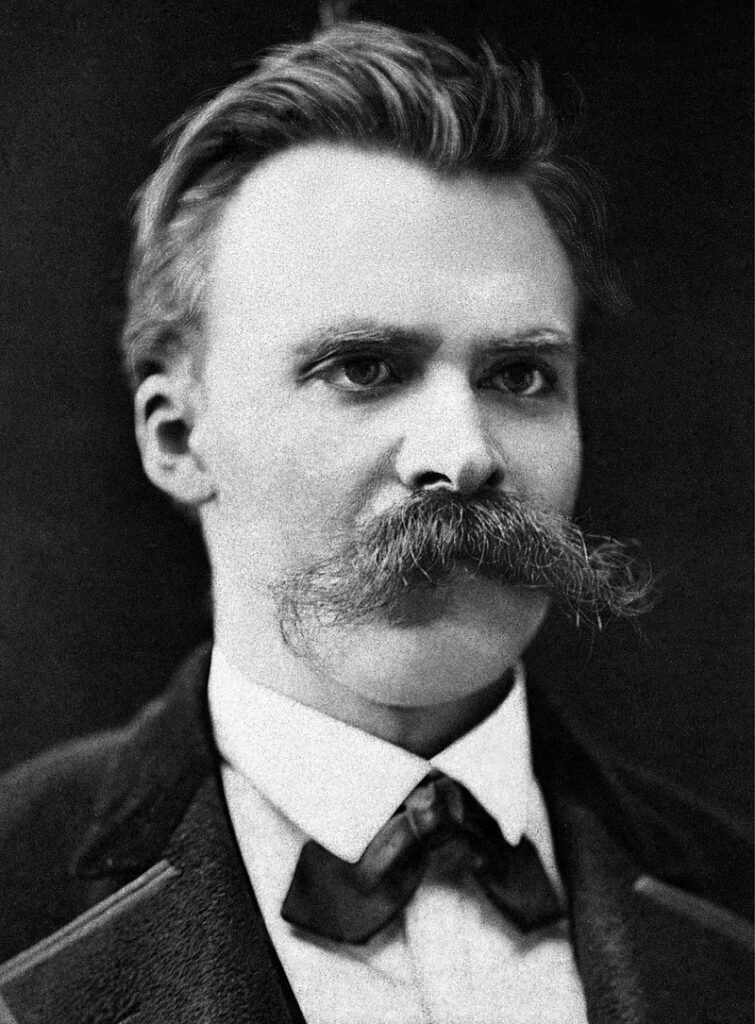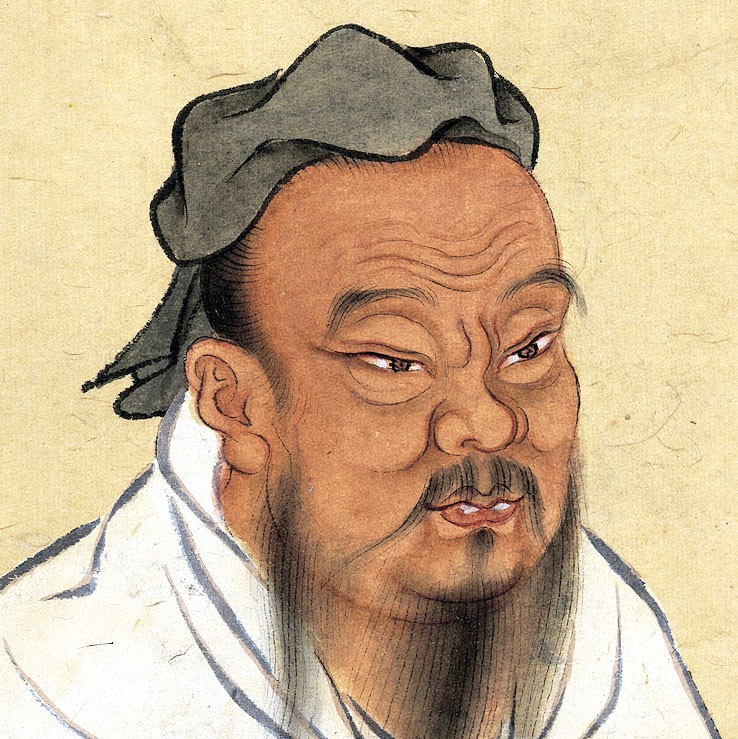Ludwig Wittgenstein
Ludwig Wittgenstein, in full Ludwig Josef Johann Wittgenstein, (born April 26, 1889, Vienna, Austria-Hungary [now in Austria]—died April 29, 1951, Cambridge, Cambridgeshire, England), Austrian-born British philosopher, regarded by many as the greatest philosopher of the 20th century. Wittgenstein’s two major works, Logisch-philosophische Abhandlung (1921; Tractatus Logico-Philosophicus, 1922) and Philosophische Untersuchungen (published posthumously in 1953; Philosophical […]
Ludwig Wittgenstein Read More »






